MODERNIST COMMITMENTS
Modernist Latitudes
MODERNIST LATITUDES
Jessica Berman and Paul Saint-Amour, Editors
Modernist Latitudes aims to capture the energy and ferment of modernist studies by continuing to open up the range of forms, locations, temporalities, and theoretical approaches encompassed by the field. The series celebrates the growing latitude (scope for freedom of action or thought) that this broadening affords scholars of modernism, whether they are investigating little-known works or revisiting canonical ones. Modernist Latitudes will pay particular attention to the texts and contexts of those latitudes (Africa, Latin America, Australia, Asia, Southern Europe, and even the rural United States) that have long been misrecognized as ancillary to the canonical modernisms of the global North.
Barry McCrea, In the Company of Strangers: Family and Narrative in Dickens, Conan Doyle, Joyce, and Proust, 2011
Jessica Berman, Modernist Commitments: Ethics, Politics, and Transnational Modernism, 2011
Modernist Commitments
ETHICS, POLITICS, AND
TRANSNATIONAL MODERNISM
Jessica Berman
 Columbia University Press New York
Columbia University Press New York
Columbia University Press
Publishers Since 1893
New York Chichester, West Sussex
cup.columbia.edu
Copyright 2011 Columbia University Press
All rights reserved
E-ISBN 978-0-231-52039-3
Library of Congress Cataloging-in-Publication Data
Berman, Jessica Schiff, 1961
Modernist commitments : ethics, politics, and transnational modernism / Jessica Berman.
p. cm.
Includes bibliographical references and index.
ISBN 978-0-231-14950-1 (cloth : alk. paper) ISBN 978-0-231-14951-8 (pbk. : alk. paper) isbn 978-0-231-52039-3 (e-book)
1. Literature, Modern20th centuryHistory and criticism. 2. Modernism (Literature)History and criticism. 3. Politics and literatureHistory20th century. 4. Literature and societyHistory20th century. I. Title.
pn56.m54b47 2012
809'.9112dc23
2011020709

Columbia University Press books are printed on permanent and durable acid-free paper.
This book is printed on paper with recycled content.
Printed in the United States of America
c 10 9 8 7 6 5 4 3 2 1
p 10 9 8 7 6 5 4 3 2 1
A Columbia University Press E-book.
CUP would be pleased to hear about your reading experience with this e-book at .
References to Internet Web sites (URLs) were accurate at the time of writing. Neither the author nor Columbia University Press is responsible for URLs that may have expired or changed since the manuscript was prepared.
Common images of academia often portray the lonely scholar reading under a single light bulb and writing in quiet isolation, waiting for the eureka moment. The years of writing this second book have taught me quite a different lesson about the communal process of scholarly work. This book has been made possible by the published work and personal guidance of many scholars and friends, too numerous to list here. It is clichd (but true) to say that it would have been impossible without them (though of course any errors are my own). Id like also to acknowledge the special support of the following people who read portions of the book, discussed it with me, and otherwise aided and abetted what sometimes seemed like a long and crazy project. I only hope that Ill be able to offer them in return some approximation of the thoughtful and generous help theyve extended to me: Erin Carlston, Pamela Caughie, Laura Doyle, Marian Eide, Jed Esty, Raphael Falco, Susan Stanford Friedman, Piotr Gwiazda, Christoph Irmscher, Jordana Mendelson, Gayle Rogers, Paul Saint-Amour, and Sonita Sarker.
I owe a debt of gratitude to the anonymous readers for Columbia University Press whose insightful comments improved the book immeasurably. I thank copy editor Michael Haskell whose lithe hand rescued me from many an infelicity of expression and a few downright errors. Thanks also to Philip Leventhal at Columbia for shepherding the book expertly through the publication process and for his ongoing interest in modernist studies. His was the spark that set off our book series, Modernist Latitudesa venture I have the good fortune to share with my coeditor extraordinaire, Paul Saint-Amour.
I thank my wonderful undergraduate students at UMBC who have kept me on my toes by asking the hard questions and Emek Ergun and Jennifer Harrison, Ph.D. students in the Language, Literacy, and Culture Program who have pushed me in new directions.
Im grateful to:
Susan Harrell, Norma Falk, and Patricia Bach in the UMBC English Department office for making it possible to be both department chair and active scholar. (We know who really runs the department!)
Shirin Vajibdar for permission to quote from the unpublished work of Mulk Raj Anand.
Richard Sorabji for permission to quote from the personal papers of Cornelia Sorabji.
UMBC for Special Research Initiative Support funding and former provost Art Johnson for a semester-long research fellowship.
Dean John Jeffries of UMBCs College of Arts, Humanities, and Social Sciences for a subvention in aid of publication.
The Newberry Library for a short-term fellowship to consult the Jack Conroy papers.
Librarians at the Library of Congress, the Department of Special Collections and University Archives, McFarlin Library, the University of Tulsa, the University of Delaware Library Special Collections, and the British Library (where I thank the person in special collections who took pity on me and allowed me to request many more than my daily manuscript allotment!).
My parents Ben and Ellyn Schiff Berman for never failing in their interest, support, and love.
Aaron, Emma, and Michael, well, just because. This book is for you.
An earlier version of part of were published as Comparative Colonialisms: Joyce, Anand, and the Question of Engagement, Modernism/Modernity (Fall 2006): 46585; and Toward a Regional Cosmopolitanism: The Case of Mulk Raj Anand, MFS: Modern Fiction Studies 55, no. 1 (Spring 2009): 14262. I am grateful to these publications for permission to reprint.
MODERNIST COMMITMENTS
Modernity is not a concept philosophical or otherwise
but a narrative category.
Frederic Jameson, A Singular Modernity
Let us define ethical intention as
aiming at the good life with and for others,
in just institutions.
Paul Ricoeur, Oneself as Another
Justice is always a revision of justice
and the expectation of a better justice.
Emmanuel Levinas, Uniqueness, Entre Nous
In his first novel, Untouchable (1928), the celebrated Indian writer Mulk Raj Anand follows a day in the life of an untouchable boy named Bakha, whose travails in a small village raise complex questions about the ethical and political dimensions of modernity in late-colonial India. One of the first novels to feature the outcaste as hero, Untouchable documents the conflicts between Bakhas obligations as a sweeper and his rising ethical awareness, which grows over the course of the novel and infuses its subjective, highly focalized narration. The novel is stunning in its depiction of the corporeality of Bakhas existence, incorporating the sounds and smells of the village streets and the tactility of untouchable life. At the same time, it invites us to glimpse the complexity of Bakhas nave perspective and the challenge it poses to received ideas about caste, class, and colonialism in early-twentieth-century India.

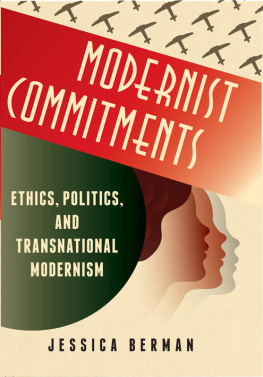
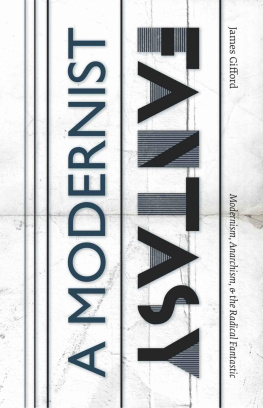
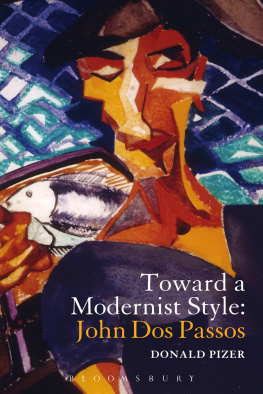

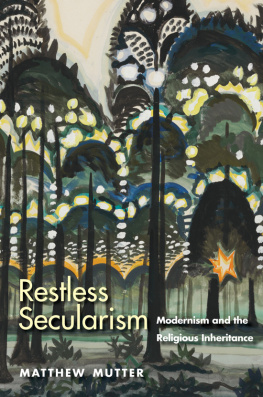
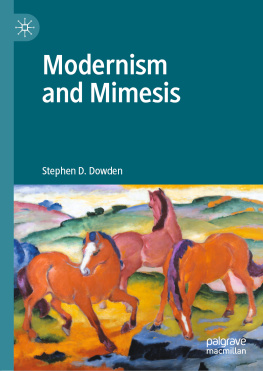
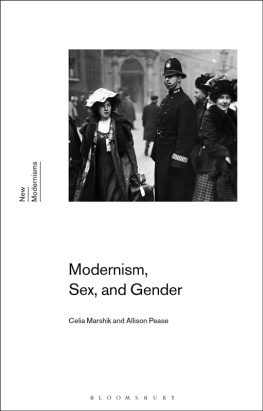
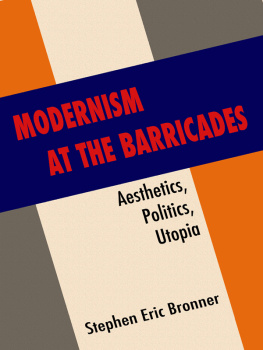
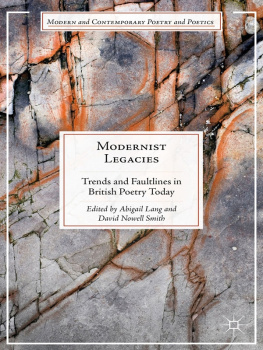
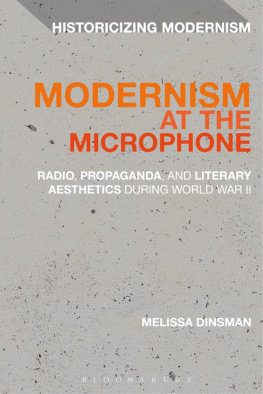
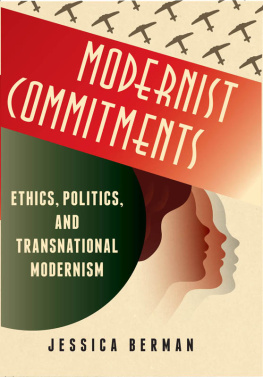
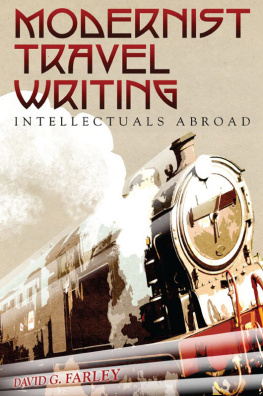
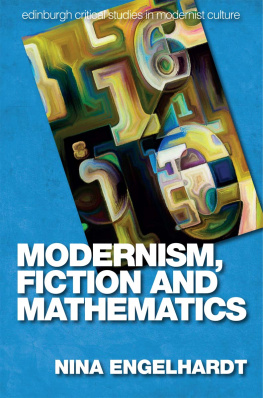
 Columbia University Press New York
Columbia University Press New York